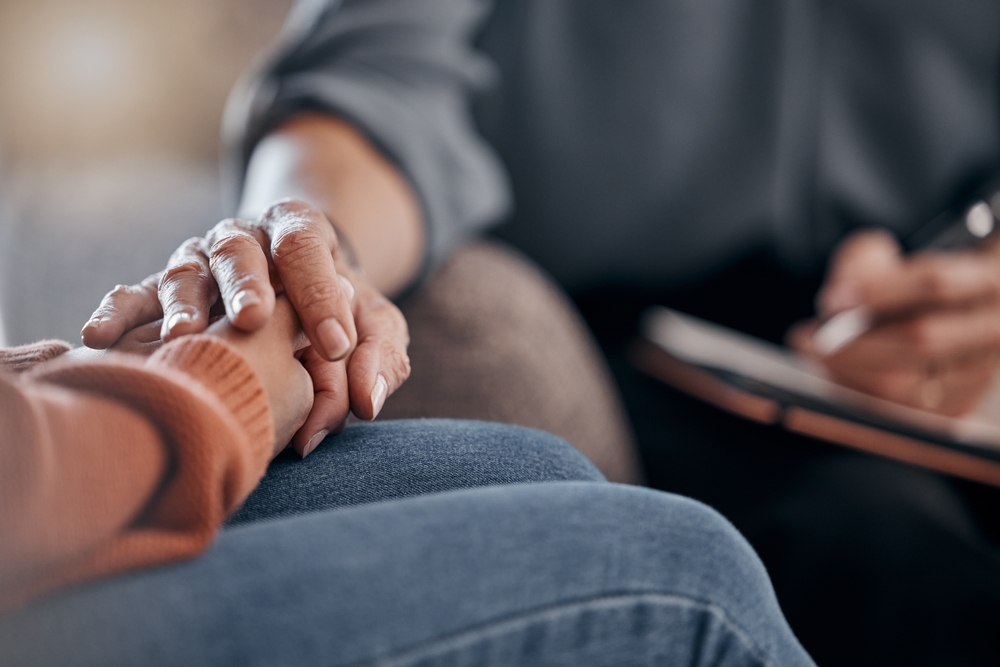Screening for PTSD, Depression, & GAD
People who are struggling with gambling may also experience other mental health challenges such as negative thoughts and emotions. These thoughts and emotions could have existed before the gambling issues became apparent. However, they also could be caused by the distress from gambling problems.
With our research at The Gambling Clinic®, we have found that there are three common challenges that people with gambling problems struggle with:
- Depression
- Anxiety
- Post-traumatic symptoms
Let’s explore each of these.

Depression

Everyone experiences times of sadness, depression, or feeling down. These temporary spells of depression are normal and may be a response to lots of life stress: difficulties between you and your partner, days where nothing seems to go right, or family problems. When a depressed mood lasts for more than two weeks and interferes with your daily life, it can become a problem.
Typically, people who are more severely depressed also experience sleep problems (too much sleep or difficulty staying asleep), trouble concentrating, loss of interest in your usual activities, and negative thoughts about yourself. If you are concerned about your level of depression, you may wish to complete this brief questionnaire, which will gauge your level of depression.
How Depression Connects to Gambling
For some individuals, gambling can serve as an escape from feelings of depression or emotional pain. However, as gambling losses accumulate, the financial stress, guilt, and shame often worsen the depressive symptoms. Over time, this cycle of using gambling as a coping mechanism can lead to deeper feelings of hopelessness and emotional withdrawal, reinforcing both the gambling behavior and the depression.
Seeking professional help and addressing the root causes of both depression and gambling behavior is critical for breaking this cycle.
Anxiety

Anxiety can be common for many people who experience gambling problems. The most typical form of anxiety-based problems is uncontrolled worry, or “generalized anxiety”. Generalized anxiety can be difficult to recognize, as we all worry sometimes. Two things make generalized anxiety different:
- It is persistent and lasts at least 6 months or longer.
- The worry is accompanied by other kinds of problems like muscle tension, feeling on edge, irritability, finding yourself planning for the worst, and trouble handling uncertainty.
Generalized anxiety can cause chronic feelings of anxiety and nervousness since it is very difficult to control the worry. If worry is interfering with your daily life, you may wish to complete this brief questionnaire to gauge your level of generalized anxiety.
Anxiety and the Gambling Experience
For many, gambling provides a temporary relief from anxiety, particularly during the actual moments of betting. However, the unpredictability of gambling outcomes can also increase anxiety levels, especially when the financial stakes are high. Over time, this anxiety can become overwhelming, with the stress of financial losses, secrecy, and damaged relationships leading to persistent feelings of worry.
Breaking free from the anxiety-gambling cycle requires learning healthier ways to cope with stress and uncertainty.
Post-traumatic Stress

A third challenge that we see among people with gambling problems relates to life changing events that have a negative impact on your life. If this describes you and if the event is still troubling you this can amplify problems that you have with gambling.
For some people, the experience of a really difficult event can result in Post-traumatic Stress Disorder (PTSD). PTSD is a condition that involves problems such as:
- Unwanted thoughts about the event
- Avoiding places or people that remind you of the event (or even avoiding thinking about it)
- Feelings of jumpiness
- Not feeling safe with other people
- And having overly negative thoughts about yourself, others, and the world.
It’s important to remember that by age 40, most of us will have experienced at least one terrible life event; not all of these events are necessarily traumatic in the true sense of the word.
Within the mental health field, traumatic events include those that involve exposure to actual or threatened death, serious injury, or sexual violence. Most of us are able to recover from brief problems that may stem from these experiences. But when an event is traumatic, beyond our control, and significantly changes how we view ourselves and the world, there is a chance that PTSD may develop.
The symptoms of PTSD can significantly impact a person’s life in many ways. If you think that you may be experiencing PTSD, you may wish to complete two brief questionnaires, to help you understand yourself a bit better.
Gambling as a Response to Trauma
Some individuals use gambling as a way to avoid confronting their traumatic memories or emotional pain. The distraction and excitement of gambling may temporarily dull the distress caused by PTSD, but it doesn’t resolve the underlying issues. Over time, this avoidance strategy can exacerbate both the gambling behavior and the trauma symptoms, trapping the person in a harmful cycle.
Professional treatment for PTSD can be highly beneficial, as it can help address both the trauma and the associated gambling behavior in a safe and supportive way.
Breaking the Cycle

While depression, anxiety, and post-traumatic symptoms are common among people with gambling problems, there is hope. By addressing both the mental health challenges and the underlying gambling behavior, individuals can begin to heal and regain control of their lives. Seeking professional support, such as therapy or counseling, can provide the tools necessary to manage mental health challenges and reduce harmful gambling habits.
If you or someone you know is struggling with gambling and any of these mental health concerns, reaching out for help can be the first step toward recovery.



